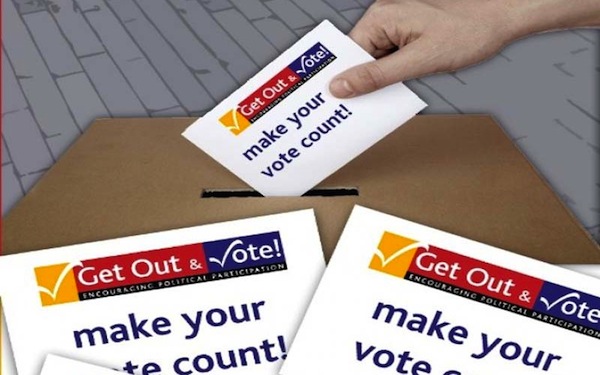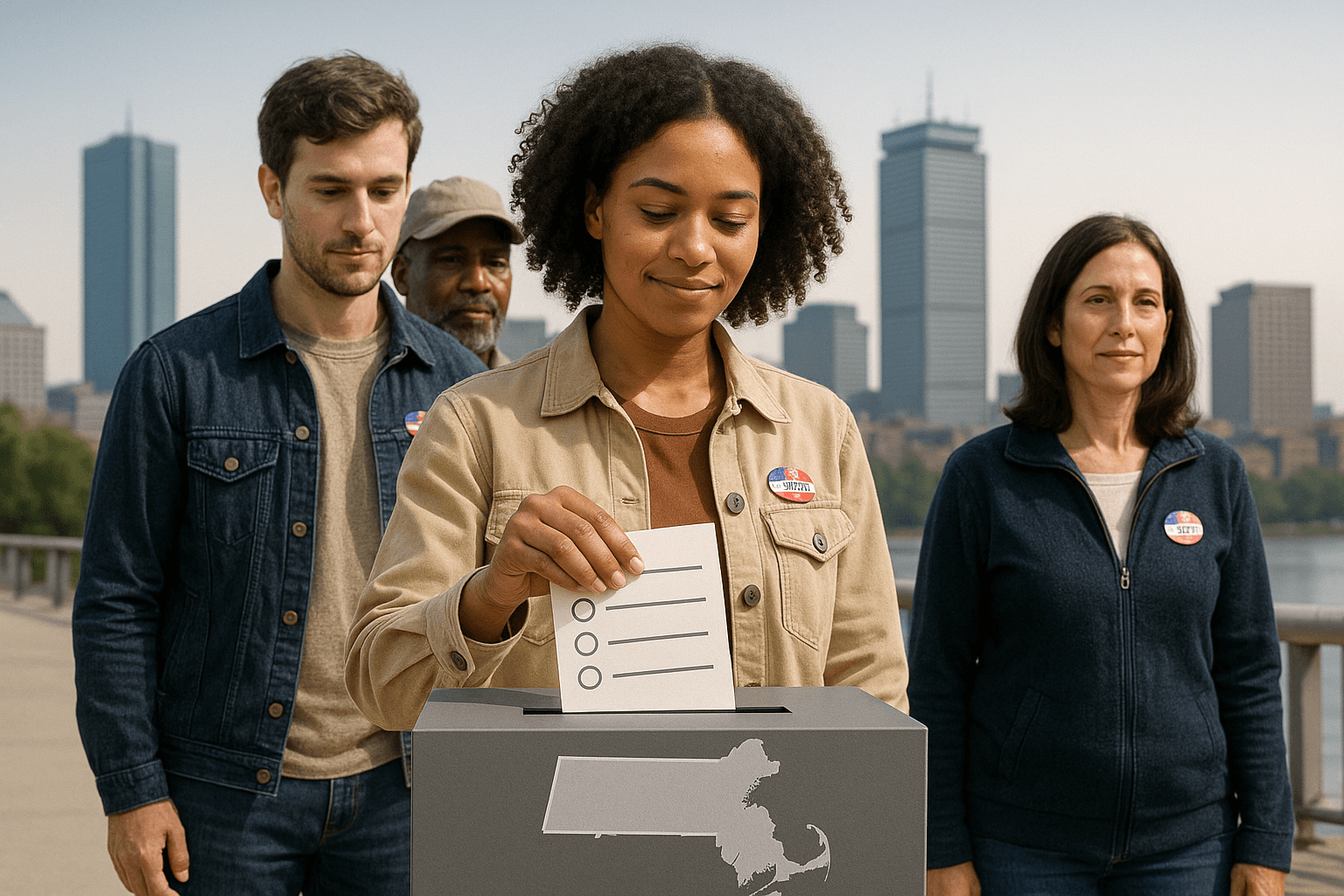Voting for a Third Party Candidate: Not a Wasted Vote

At a time when more and more voters are declaring themselves independent and leaving the two main parties, third party candidates are facing the wasted vote dilemma. Not only do they have to convince voters of their program, but they also have to convince them that it is worth voting for a third party candidate, even if they have no chance of winning.
It is not because many voters are interested in, or even convinced by, the ideas of third party candidates that they will necessarily cast a vote in their favor. The current political environment has convinced voters that giving out a vote to a third party candidate will cost votes for a mainstream candidate that they would reluctantly prefer.
The Nader effect is the most recent example of the wasted vote theory. Democrats blamed Ralph Nader supporters for Al Gore's loss in the 2000 presidential election, even if there is no proven correlation between the two. This memory will likely influence left-leaning voters when they cast their ballot this November.
This is why, as Election Day gets ever-closer, the wasted vote theme has been at the center of the campaigns of many third party candidates, especially on social media platforms.
Jill Stein, of the Green Party, has been campaigning about the need to leave the "abusive relationship" the two-party system constitutes, and to stop fearing to vote for a third party candidate. More recently, she directly addressed this topic on her Twitter account.
https://twitter.com/jillstein2012/status/262294005763698688
https://twitter.com/jillstein2012/status/262286624656867329
Virgil Goode, who is seen as a danger for Mitt Romney in Virginia and whose ballot access in the state has been contested, has also been using the wasted vote theme in his favor on Facebook.
However, nobody has been more vocal about the "wasted vote" than Gary Johnson who, in his closing argument in last week's debate, said, “Wasting your vote is voting for somebody that you don’t believe in. That’s wasting your vote. I’m asking everybody here, I’m asking everybody watching this nationwide to waste your vote on me.”
https://twitter.com/GovGaryJohnson/status/262278152485744640
The issue is of greater importance for Johnson as, of all the third party candidates, he is the only one who seems in position to reach five percent of the national vote. The five percent mark is of major importance as it would guarantee the Libertarian Party ballot access for the next presidential election in all states, as well as important public funding.
The level of enthusiasm for this election is very low, especially compared to 2008. Voting for someone people really believe in, rather than succumb to a mainstream candidate for the sake of the mainstream, might be the only thing that gets citizens to the voting booth. This is, by definition, not a wasted vote.





